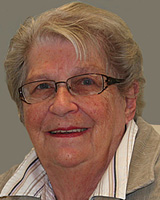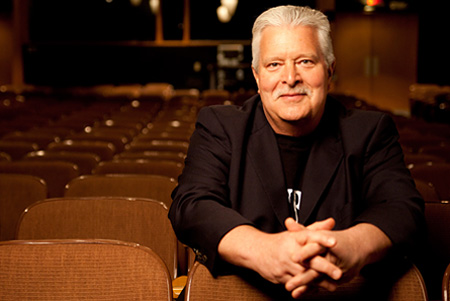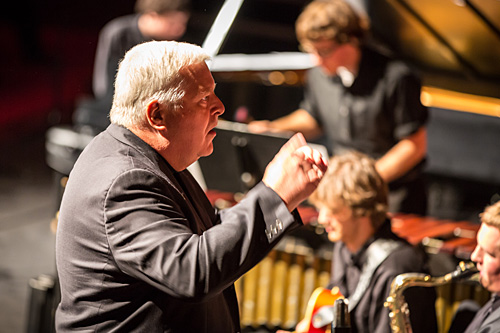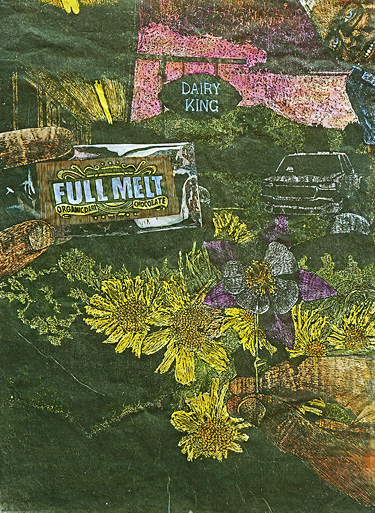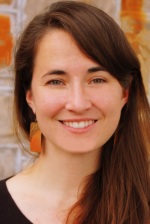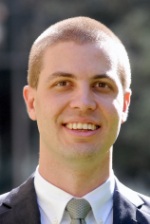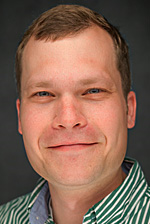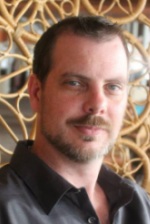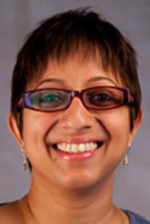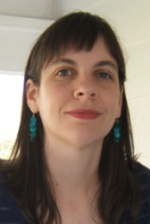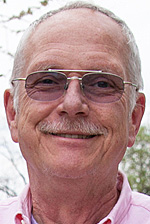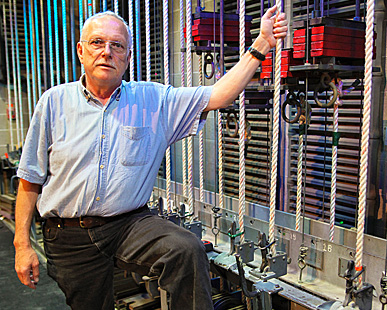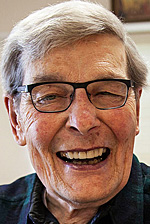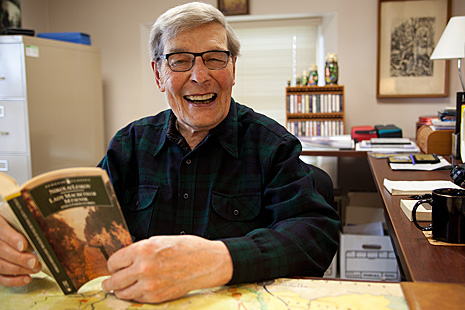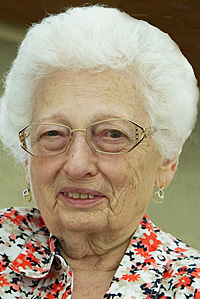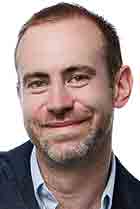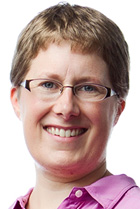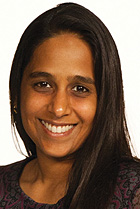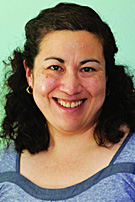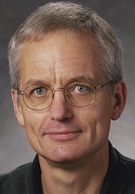A memorial service celebrating the life and career of Lawrence University Professor Emeritus of Art E. Dane Purdo will be held Sunday, Oct. 26 at 1 p.m. in the Wriston Art Center.
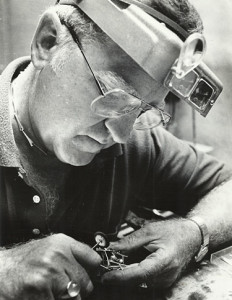
An accomplished silversmith, Purdo taught at Lawrence from 1964-91. A Fox Cities resident in retirement, he passed away Aug. 19 at the age of 88.
He enjoyed a productive 36-year teaching career that began in 1955 at Milwaukee-Downer as both studio artist and art historian. After the consolidation, he taught courses in metals and ceramics in Lawrence’s art department until his retirement.
A native of Detroit, Purdo was an accomplished silversmith and his creations include Lawrence’s Faculty Marshal Mace carried at the head of formal academic processions as well as the Presidential Chain of Office and usher batons.
His craftsmanship was admired for its carefully controlled contours, perfect balance between convex forms and concave outlines and mirror-smooth surfaces. “Simplicity is the essence of good taste” is how he once described the philosophy behind his art. He was renowned for his ability to blend textures with modern balance and novel lines. His creations ranged from stunning jewelry to ecclesiastical chalices and were exhibited throughout the United States and Europe.
A recipient of a 1956 Fulbright grant, which he used to pursue his interests in silversmithing at the Royal College of Art in London, Purdo holds the distinction of becoming the first American to register his hallmark at Goldsmith Hall.
Read more about Professor Purdo.
About Lawrence University
Founded in 1847, Lawrence University uniquely integrates a college of liberal arts and sciences with a nationally recognized conservatory of music, both devoted exclusively to undergraduate education. It was selected for inclusion in the Fiske Guide to Colleges 2015 and the book “Colleges That Change Lives: 40 Schools That Will Change the Way You Think About College.” Engaged learning, the development of multiple interests and community outreach are central to the Lawrence experience. Lawrence draws its 1,500 students from nearly every state and more than 50 countries.
